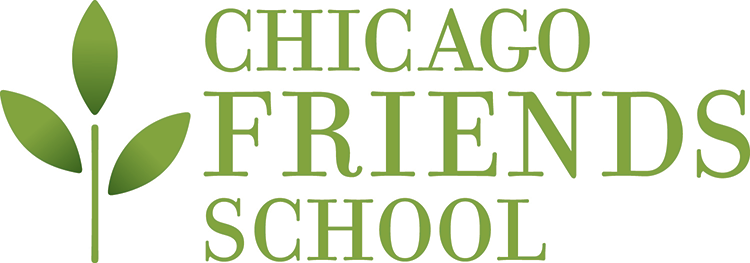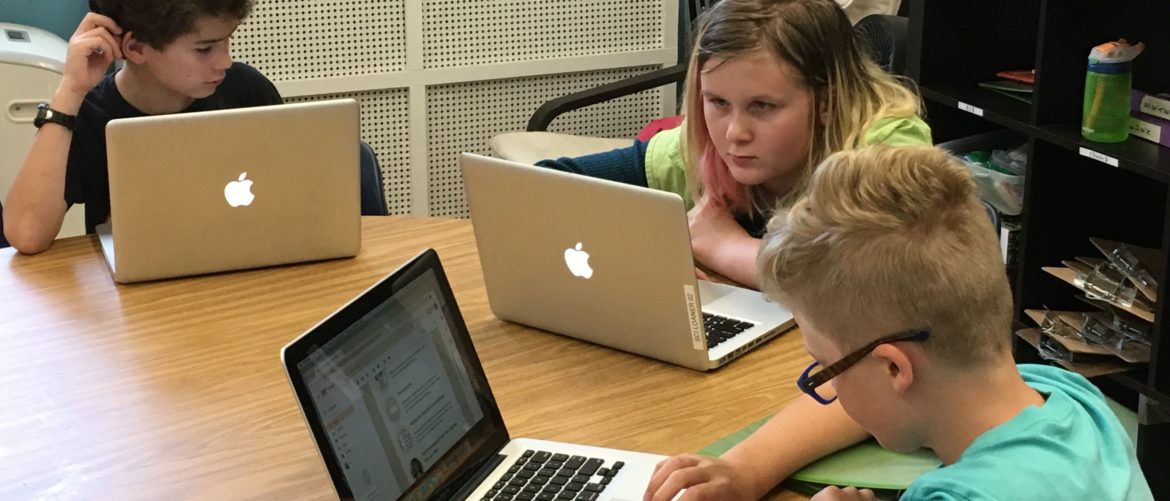The middle school as a whole is reading the young reader’s edition of “The Boy Who Harnessed the Wind” this month in their student-led book clubs. This book is a memoir that tells the story of a Malawian teen living through famine in the early 2000s and his mission to learn enough about renewable energy to build a windmill to bring electricity to his village. We often don’t use nonfiction books in our book clubs, but the middle school team decided that this would be a great choice to make cross-curricular connections with science. One other connection that always seems to come up in our book club discussions is our Quaker values.
One of the 6th graders asked his group, “… why doesn’t William just save some of his earnings selling a little bit of maize each week, so he isn’t planning his food source day-to-day? Why didn’t he do anything about the government official [giving him less maize for more money]?” I was excited to hear that he was linking the book to his math project, but I was more excited to hear his classmates’ responses. A 6th grader replied, “I think you’re seeing this like it’s a perfect world where everyone has great intentions, but we already saw that the government was corrupt and not really interested in helping the people. So these people don’t really have a… foundation to take the steps not to starve.” This led to a conversation about integrity among people in power, a theme we’ve been discussing all year. It also naturally led to a conversation about equality and equity, the January monthly theme that we have been discussing as a whole school and a class.
This same scene of the book describes people fighting each other to buy the maize. A 5th grader asked her group, “Why are people fighting each other to buy the food and then still buying the food even though the government is ripping everyone off?” While we also discussed integrity in this group, we also went in a different direction to talk about community and how such extreme and dire conditions can affect people’s sense of community.
I love seeing how the same material can be discussed in a multitude of ways in different groupings of students!


Alyssa Clemens
Is our middle school humanities specialist. Born and raised in the western suburbs, Alyssa moved to Chicago to acquire her BS in Elementary Education at DePaul University. She pursued a Spanish language minor with a degree focus on adolescence and social sciences. Alyssa has taught many variations of grades 4-8 at both charter and Chicago Public school settings. Additionally, she has also worked for and volunteered at organizations such as Girl Scouts of America, Tutoring Chicago, and YMCA.
In her free time, Alyssa enjoys playing soccer, staying active, reading, traveling, and cooking with her fiancé.